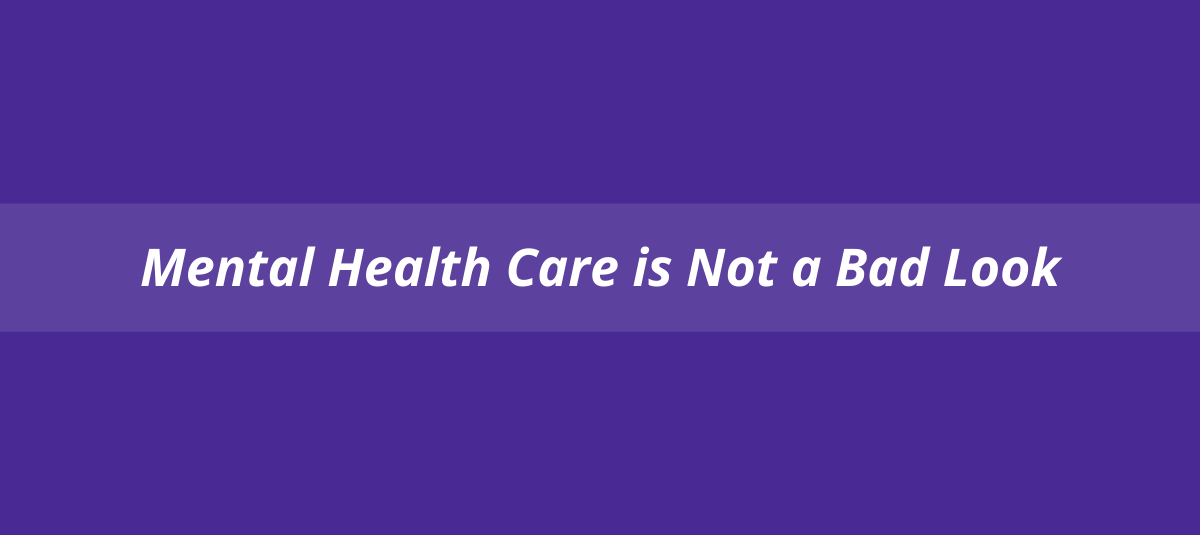Content Warning: This piece contains mentions of suicidal ideation.
One year into the pandemic, there is so much we are all hoping to put behind us once we emerge from it. However, lately, I’ve been thinking a lot about all that I hope is here to stay.
We’re witnessing real-time innovations in digital health, for example, with mental health in particular finally being given the same priority as physical health. We’re having long-overdue discussions about racism and health inequities. And, mental health seems to be seen, understood, and appreciated in a way it has never been before.
Or is it?
Like 17 million other TV viewers, I watched Oprah’s interview with Prince Harry and Meghan Markle last weekend. In the extraordinary broadcast, Meghan shared that as a member of the royal institution, she struggled with loneliness, pain, and racism so severely that at one point, she contemplated suicide. In so doing, she elevated a conversation around mental health challenges but at the same time highlighted the shame that still exists around admitting a need for help.
“I was ashamed to have to admit it,” she said. When she asked for support from the institution — even one that champions mental health as a public cause — she was told it “wouldn’t be good for the institution.”
It’s striking that at a time when public interest in and support for mental health is perhaps at the highest level it’s ever been and while the globe is following with interest as Prince Phillip is in in-patient care for a physical health condition, Meghan shared that the idea of seeking care for mental health struggles was discussed as potentially a bad look.
It’s also clear that we still have so long to go to recognize mental health challenges not as personal moral failings but as often the result of environmental stressors, traumas, and a lack of social support. Anyone can be impacted by these factors, and they get overlooked for many, specifically women and most often Black women. So often, the pressure to be strong enough or resilient in the face of systemic challenges leaves Black women to sort through those challenges on their own.
Despite being turned away on multiple occasions, Meghan continued to reach out and fought for the help she needed even when she had to leave to get it. Her tremendous courage and resiliency now inspire millions.
As highlighted in Meghan’s story, there’s a lot that can be done as friends, family, institutions, and as a society to help validate people’s difficult experiences. As individuals, we don’t need to be experts. Just being there, meeting someone’s disclosure of personal struggle with messages like, “I believe you,” and “It’s okay to not be okay,” and supporting them with seeking help when they need it are all simple yet powerful ways for creating safe environments for our loved ones to get care without fear of judgment.
We all can step up our understanding around difficult issues like mental health and racism and change our policies, communications, and culture to prioritize those we work with as people first and to normalize and ease the process of finding help and support.
Everything that has happened in the past year – a national reckoning with deep-rooted social injustices, systemic racism, and political polarization; grief around loved ones, opportunities, and experiences lost to the pandemic; and the mental health toll that these prolonged stressors have had on many of us – are important to keep at the forefront of our minds.
We have to keep talking about it, and we need to keep building a culture where it’s no longer a “bad look” for someone to access mental health care. Our opportunity to recover, heal, and move forward depends on us continuing these conversations and upholding mental health as a centerpiece.




